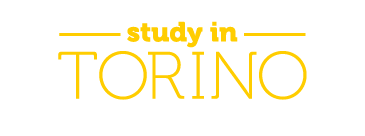
The course Social Media Analysis & Big Data starts on March 2nd at the University of Turin, in the Culture, Politics and Society campus. This course will teach the students of the Master’s degrees of Communication and Media and of Public and Politic Communication how to analyse the content of the web and the social media; this course will focus on calamities.
Giuseppe Tipaldo, director of the course and researcher at the Culture, Politics and Society campus, says: “The most recent development in the market of technologies for communication have improved a lot the quality of information available to each part of society. Transforming this huge quantity of rough material into reliable data has become a competitive advantage which determines the success of a brand, the victory of an election or the government of a region. I have been insistent on wanting this course to start, since it is important to wean people who work with passion and expertise, by helping them becoming professional but creative workers who follow the methods of Data Science.”
This course is mainly practical, also thanks to the support of Quaerys, an innovative start-up of the University of Turin which works in the field of Big Data, and to the collaboration with two excellent partner companies: CELI, innovative PMI which in the field of Artificial Intelligence and Natural Language Processing, which will make available Sophia Analytics, the platform Text and Data Mining, in order to educate the students about the automatic analysis of the chats online about calamities; Blogmeter will guide the students towards the Media Listening, in particular towards the analysis and the interpretation of useful methods to measure the performances on the main social networks.
The students will be involved in the laboratory “Politica, media e scienza: fisica per cittadini” (“Politics, media and science: physics for the citizens”), which starts on March 1st in the Culture, Politics and Society campus of the University of Turin and wants to focus on the social and political importance of scientific themes and contents, by using science as an example.
Professor Lorenzo Magnea says: “The students will make practice and will unmask pseudo-scientific hoaxes which are spread in social networks. They will analyse how some scientific pieces of news are hidden by the media and learn how to spread scientific news in the correct way”.

Trackbacks for this post